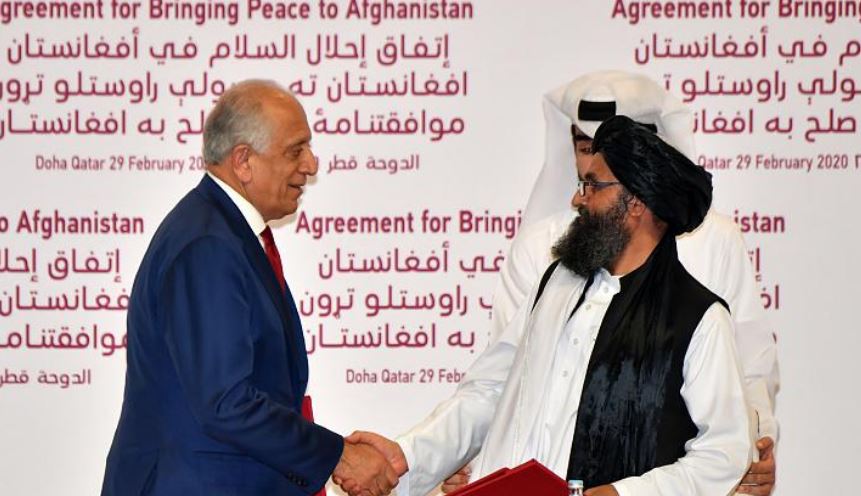and it is equally imperative to look at competing interests of regional as well as local players, among a plethora of other factors.
Back in 2001, the end goal for the US and its allies, under President George W. Bush, was to defeat Osama bin Laden and eliminate Al-Qaeda. Under President Barack Obama, nation-building and state-building were prioritised, and currently, under President Donald Trump, peace and stability seem to be the mantra driving the negotiations. This lack of clarity on the end goal, coupled with the internal working failures of the successive US governments, contributed significantly towards dereliction.
The US failed to grasp a crisp and holistic understanding of the ground realities in Afghanistan, how ethnicity and religion intersect in the region, and doubted its strongest on-ground partner – Pakistan. Rather than taking its partner’s national interests into account, coercion tactics were used. And when Washington was faced with failure and embarrassment, it scapegoated Islamabad in 2017.
But today it has taken the same position as Pakistan, stating that only a political reconciliation can pave the way to a viable future for all the parties concerned. What happens next remains dependent on a number of factors. Will the US and its international partners continue to provide monetary support to Afghanistan after the withdrawal? After all, it is the poorest nation in South Asia. Or will the country witness another haphazard Soviet Union-like withdrawal, followed by years of civil war and, eventually, the rise of a Taliban government. If that is the case, the Afghanistan army will disintegrate and all warring factions will cave in to the Taliban.
Under President Trump’s administration, it seems likely that the US is all set to leave the region, and for this reason alone, regional players like China, Pakistan, Russia, and Iran are cooperating more. India too wants to be a part of the process as a larger regional player in the equation, and this only makes sense. But for Islamabad, it will be a cause for suspicion, especially given the open declarations from the Modi regime to actively intrude in Pakistan’s internal affairs.
Given all this, three scenarios can possibly emerge in light of the current developments. First, all the ethnic factions and warring parties come to some sort of consensus and form a constitution after the US withdrawal, and things move on from there. Second, the Taliban go rogue on the peace-talks. They wait-out the process and let the US withdraw. Afghanistan is theirs either way. But to do that is to accept that they will be running a pariah state in the international order, with no financial support and allies. The Taliban have experienced that once and have learned their lesson. They want to be recognised and legitimised in this deep fragmentation of Afghan society.
And lastly, and the most likely one to the pragmatic and rational mind, the warring ethnic factions keep fighting in the aftermath of a partial US withdrawal, until the Taliban consolidate their position and form a government of their own. With no funding from the international community, the Afghan army will disintegrate. But two recent developments can influence this outcome: increasing public pressure within the US to bring troops back home, and the receding economic power of the US, especially in the wake of Covid-19. These factors are likely to result in a continued international involvement of the US and its allies in the form of economic and military support for Afghanistan.
Complete withdrawal seems out of the question. No one can just give up such a vantage point in the South Asian region. The US will keep a guiding hand in the form of its military bases and some troops. From here, it can keep a check on Iran, as well as China, while at the same time being present at the next pit stop for ISIS. The level of threat and violence is likely to reduce if there is a political settlement, but it will not end. The influence of massive drug and human trafficking networks operating out of Afghanistan cannot be neglected. All factions will be vying for their support. Whatever the final outcome, let us hope that it is truly Afghan-led and Afghan-owned, for that alone will guarantee long lasting peace and stability.
































